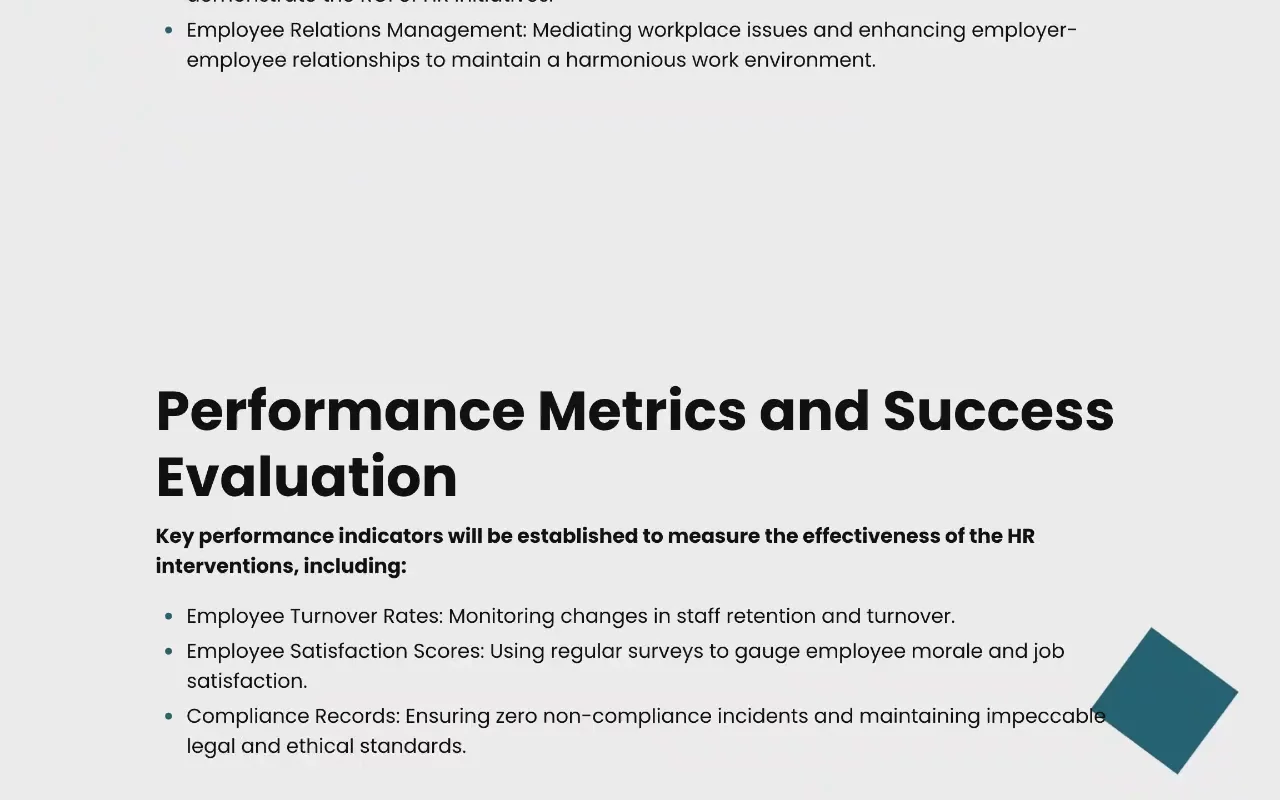Scientists Pinpoint the Day of the Week nEVER to Have Surgery
페이지 정보

본문
Patients admitted to health center for surgery a specific day of the week are substantially more most likely to pass away, a significant study recommends.

Those going through both emergency and elective operations-such as hip and knee replacements-had a 10 per cent higher threat of death if they went under the knife on a Friday, compared to the beginning.

Experts have long observed the so-called 'weekend impact'-even worse post-surgical outcomes for ops done on Friday, due to an absence of more senior personnel on Saturdays and Sundays as well fewer additional services for patients like scans and tests.
Patients have actually likewise reported fearing that staff may be more exhausted towards completion of the week, increasing the possibility of possible hazardous errors being made in their care.
But the US researchers behind the brand-new study think while a 'weekend result' does exist, the higher death rates observed may not always be a reflection of poorer care.
Instead, they declare it could be due to patients who need treatment closer to the weekends being more likely to be sicker and frailer.
But they confessed a lack of senior staff operating on Fridays, compared with Mondays, and a resulting 'difference in competence' may likewise 'contribute'.
In the research study, researchers at Houston Methodist Hospital in Texas, analysed data from 429,691 patients who underwent among 25 typical surgical procedures in Ontario, Canada, between 2007 and 2019.
Scientists discovered both emergency situation and non-emergency operations - such as hip and knee replacements - were nearly 10 per cent more lethal when performed near the weekend compared to the beginning of the week
Patients were divided into two groups - those who underwent surgery on the Friday or the day before a public vacation.
The 2nd had their operation on the Monday or post-holiday.
Researchers examined short-term (30 days), intermediate (90 days), and long-term (one year) outcomes for patients following their operation, including deaths, surgical problems and length of stay.
They found clients going through surgical treatment right away before the weekend were 5 percent most likely to experience problems, be re-admitted or pass away within thirty days.
When mortality rates were evaluated particularly, the risk of death was 9 per cent most likely at 30 days amongst those who went through surgical treatment at the end of the week.
At three months this rose to 10 per cent, before reaching 12 percent a year after the operation.
By type of operation, scientists found there was a lower rate of adverse events amongst clients who went through emergency surgery prior to the weekend.
But, this was no longer true when they had accounted for clients who had actually been admitted before the weekend, yet needed to wait until early in the following week to go through such surgery.
Under the previous Government, then Health Secretary Jeremy Hunt, consistently claimed understaffing at health centers during the weekend caused 11,000 excess deaths every year
'Immediate intervention might benefit patients presenting as an emergency situation and may make up for a weekend effect,' the medics wrote.
'But when care is postponed or pressed back till after the weekend, outcomes may be adversely affected owing to more-severe disease presentation in the operating room.'
Studies have actually also recommended clients confessed then are sicker and at greater danger of dying because a reduction in neighborhood recommendations such as those from GPs, over the weekend.
Others have likewise said some might not be able to afford to take time off work, so postpone their see to the healthcare facility to the weekend, when they are sicker.
Writing in the journal JAMA Network Open, the scientists included: 'Our results demonstrate that more junior cosmetic surgeons - those with less years of experience - are operating on Friday, compared with Monday.
Britain has more females medical professionals than guys for the very first time in more than 165 years, figures expose
'This difference in know-how might play a role in the observed distinctions in outcomes.
'Furthermore, weekend groups may be less acquainted with the clients than the weekday group previously handling care.'
Reduced availability of 'resource-intensive tests' and 'tools' which might otherwise be offered on weekdays might also result in increased hospital stays and issues, they stated.
Experts have actually long remained contrasted over the 'weekend impact' in NHS health centers, with some arguing short-staffing at weekends is to blame.
The 'weekend impact' was one of the key arguments utilized by the former Conservative Government to press for the programme - and a brand-new agreement for junior medical professionals - in 2017.
Then Health Secretary, Jeremy Hunt consistently claimed understaffing at healthcare facilities throughout the weekend triggered 11,000 excess deaths every year.
But a flurry of research studies have called this into concern.

In 2021, one major NHS-backed task led by Birmingham University concluded the 'sicker weekend patient' theory was right.
The research study found that, despite there being far fewer specialist physicians on duty at weekends, this did not impact death.
- 이전글셀퍼럴✅️테더겟✅️ OKX 셀퍼럴 최대 50% 페이백 서비스 초저가 수수료 제공 25.05.03
- 다음글www drinkloki com 25.05.03
댓글목록
등록된 댓글이 없습니다.
